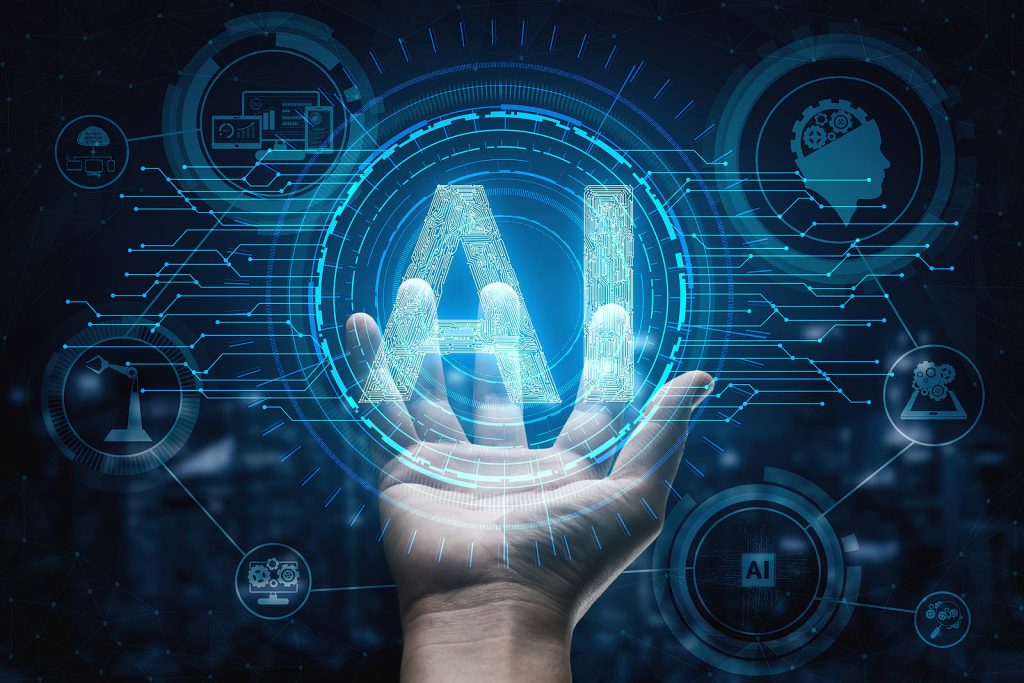The future of AI holds tremendous potential and is expected to have a significant impact on various aspects of our lives. Here are some key trends and possibilities for the future of AI:
- Advancements in Deep Learning: Deep learning, a subset of AI that focuses on training artificial neural networks, is likely to continue making significant progress. This could lead to breakthroughs in natural language processing, computer vision, and other AI applications, enabling more accurate and sophisticated AI systems.
- Automation and Efficiency: AI is poised to further revolutionize automation across industries. As technology continues to advance, AI systems can increasingly handle complex tasks and decision-making processes. This may result in increased efficiency, reduced human error, and improved productivity in various fields, including manufacturing, logistics, healthcare, and customer service.
- Enhanced Personalization: AI algorithms can analyze large amounts of data and extract insights to provide personalized experiences. In the future, AI-powered systems could better understand individual preferences, behaviors, and needs, leading to more tailored recommendations, services, and products across sectors like e-commerce, entertainment, and marketing.
- Autonomous Vehicles: Self-driving cars and autonomous vehicles are an area where AI is expected to have a transformative impact. Continued advancements in AI and machine learning algorithms will contribute to safer and more efficient transportation systems. These vehicles may reduce accidents, traffic congestion, and energy consumption, while also enabling new mobility solutions.
- Healthcare Revolution: AI has the potential to revolutionize healthcare by enabling early detection of diseases, personalized treatments, and improved patient care. AI algorithms can analyze medical data, assist in diagnosing diseases, predict patient outcomes, and recommend personalized treatment plans. Additionally, robotics and AI-enabled devices could assist in surgeries and provide remote healthcare services.
- Ethical Considerations: As AI becomes more prevalent, there will be a greater focus on ethical considerations, such as transparency, fairness, and accountability. Discussions around bias in AI algorithms, privacy concerns, and the impact on employment will be crucial for shaping the responsible development and deployment of AI technologies.
- AI and Creativity: AI’s role in creative fields like art, music, and literature is an emerging area of exploration. AI systems can generate art, compose music, and even write stories. While this raises questions about the nature of creativity, it also presents opportunities for collaboration between humans and AI to push the boundaries of artistic expression.
It’s important to note that the future of AI is uncertain, and the pace of progress will depend on various factors, including technological advancements, regulatory frameworks, and societal acceptance. Nonetheless, AI is likely to continue evolving and impacting multiple industries, transforming the way we live and work.














